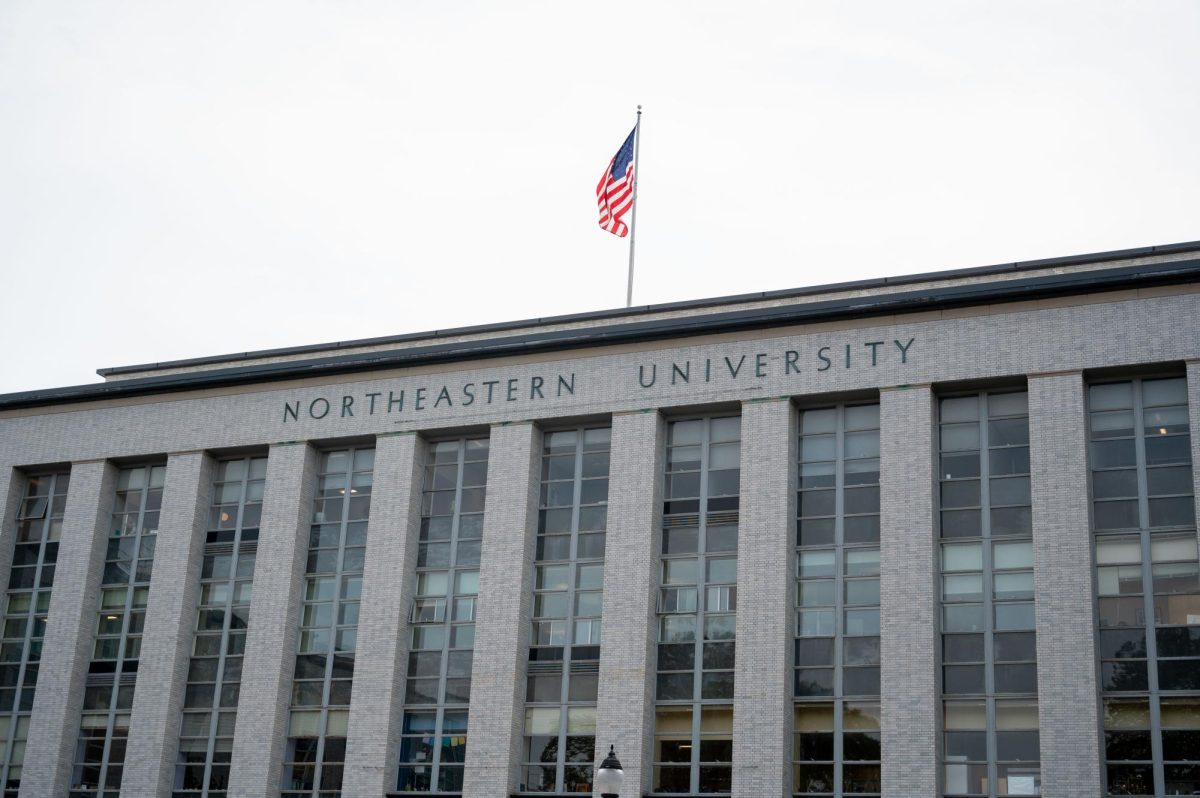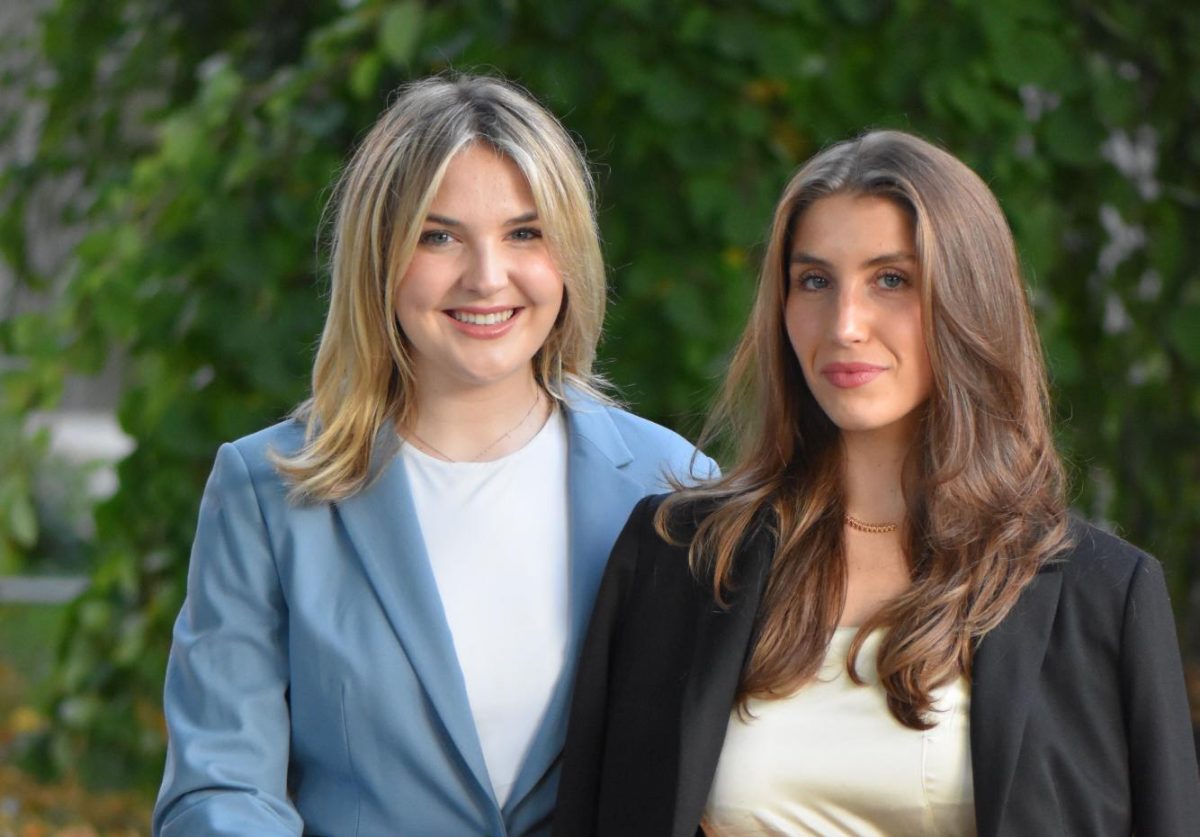I want to say that I got the inspiration to write this commentary from Elyas, the president of the Islamic Society of Northeastern University (ISNU). While wondering what to write, I thought of the way the scarf we Muslim girls wear on our heads (called “hijab” in Arabic) has always been misunderstood in foreign countries. So, I decided that this would be a good topic to write about.
The word hijab comes from the Arabic word “hajaba,” meaning to hide from view or conceal. In the present time, the context of hijab is the modest covering of a Muslim woman. We wear hijabs because we are told to by Allah (the Muslim name for God). There is evidence in the Quran (the Muslim book of the Islamic monotheism that was revealed to Prophet Muhammad by Allah) that the wearing of the hijab is compulsory on a believing woman.
“O Prophet, tell your wives and daughters and the believing women to draw their outer garments around them (when they go out or are among men). That is better in order that they may be known (to be Muslims) and not annoyed … “(Qur’an 33:59)
Another quote is:
“Say to the believing man that they should lower their gaze and guard their modesty; that will make for greater purity for them; and Allah is well acquainted with all that they do. And say to the believing women that they should lower their gaze and guard their modesty; and that they should not display their beauty and ornaments except what must ordinarily appear thereof; that they should draw their veils over their bosoms and not display their beauty except to their husbands …” (Qur’an 24:30-31)
There is also evidence from the time of our Prophet’s life.
“Ayesha (R) reported that Asmaa the daughter of Abu Bakr (R) came to the Messenger of Allah (S) while wearing thin clothing. He approached her and said: ‘O Asmaa! When a girl reaches the menstrual age, it is not proper that anything should remain exposed except this and this. He pointed to the face and hands (Abu Dawood).'”
Hijab is not merely a covering dress. More importantly, it is a behavior, manner, speech and appearance in public. I was never forced by my parents to wear the hijab, as many might think. I did it out of my own will and because I knew that it was ordered for me to do it by Allah and if I really feared and believed in the Oneness of Allah then I have to do it and have no excuses whatsoever. Since I first started wearing the hijab up until now, I have been feeling protected and safe. I have been feeling like nothing can harm me and that Allah is always with me, no matter what. I’m filled with dignity and self-esteem. I’m confident in whatever I do.
Before I started wearing the hijab, thoughts such as, “why am I here on this earth?” and “what was I created for?” would strike me. I then realized that this world is just like a test for me, and if I pass this simple test, I will be placed in heaven among the believers. To pass this test, I had to do specific things that were required of me, one of which was the hijab. It allows my femininity to shine instead of people focusing on my looks and sexuality, and it guards my modesty. It makes people respect me and speak to me with words of kindness. Now YOU tell me, who is the freer one? The one who is protected and respected or the one who is molested and taken advantage of?
Above all, I have an identity. I am showing the world that I am a Muslim and have a good moral character. I hope that I’ve cleared up some of the misunderstandings a lot of people have regarding the hijab.
— Fatma Kazim is a freshman human resource management major.









